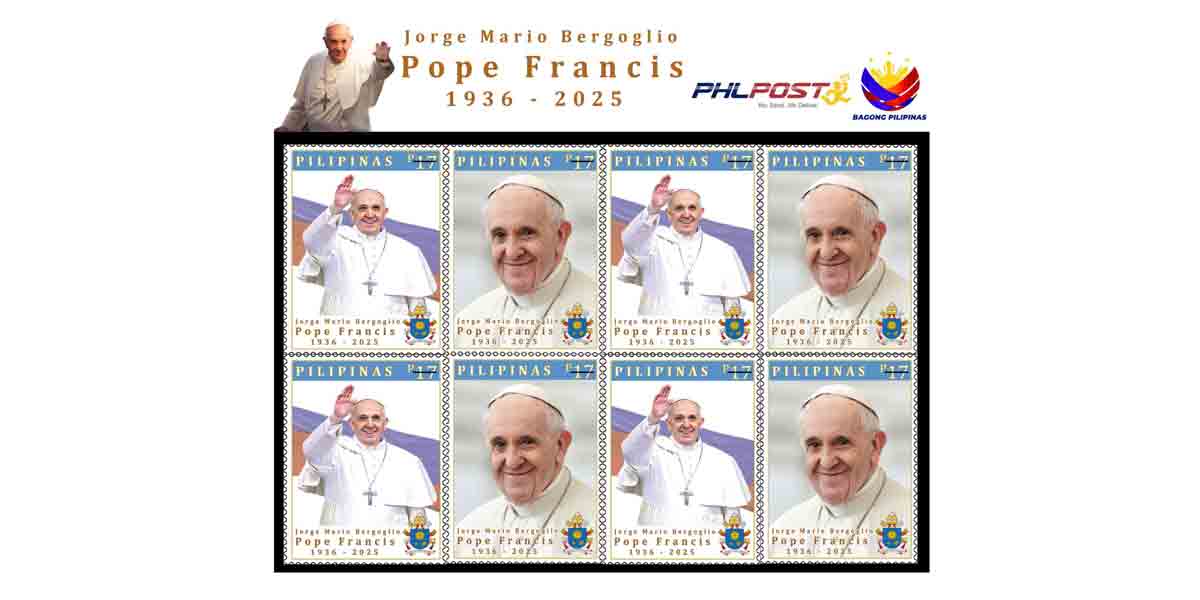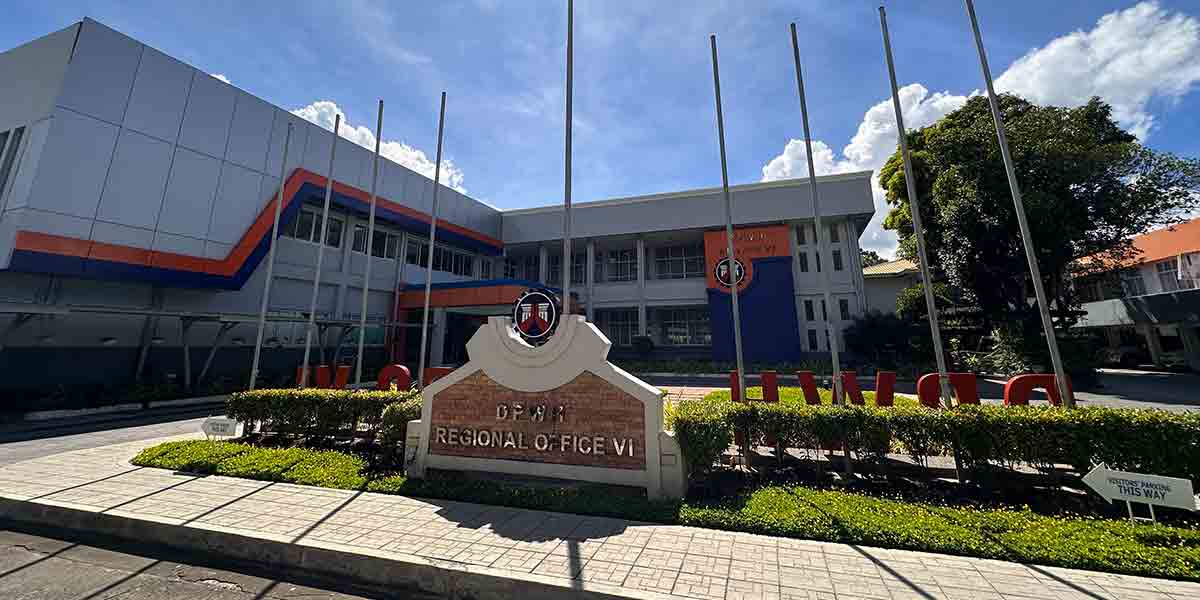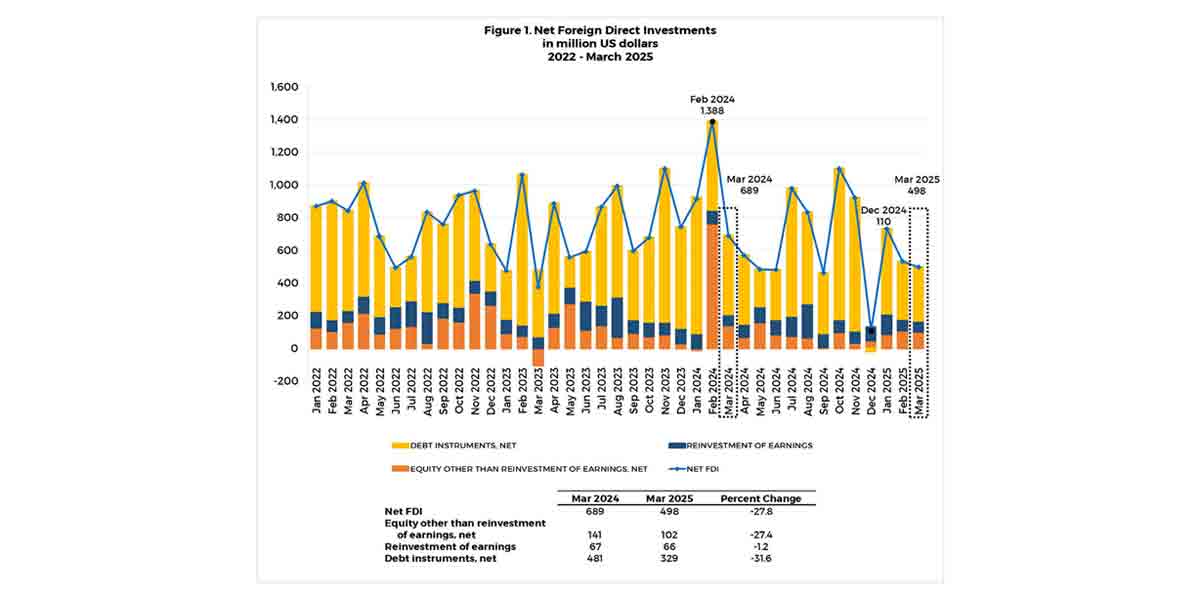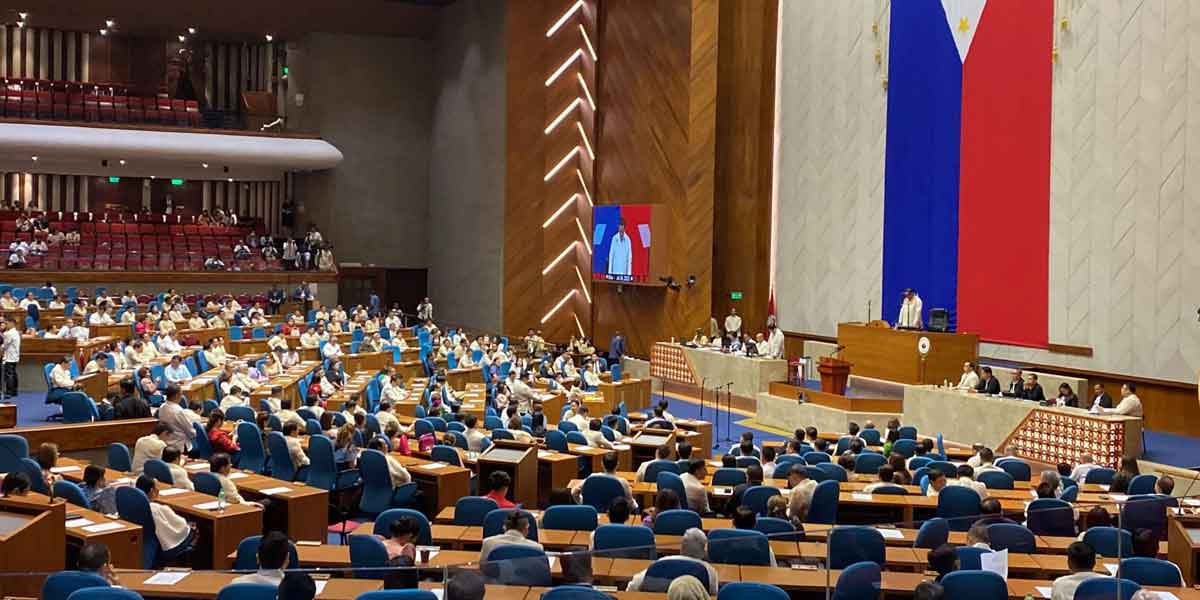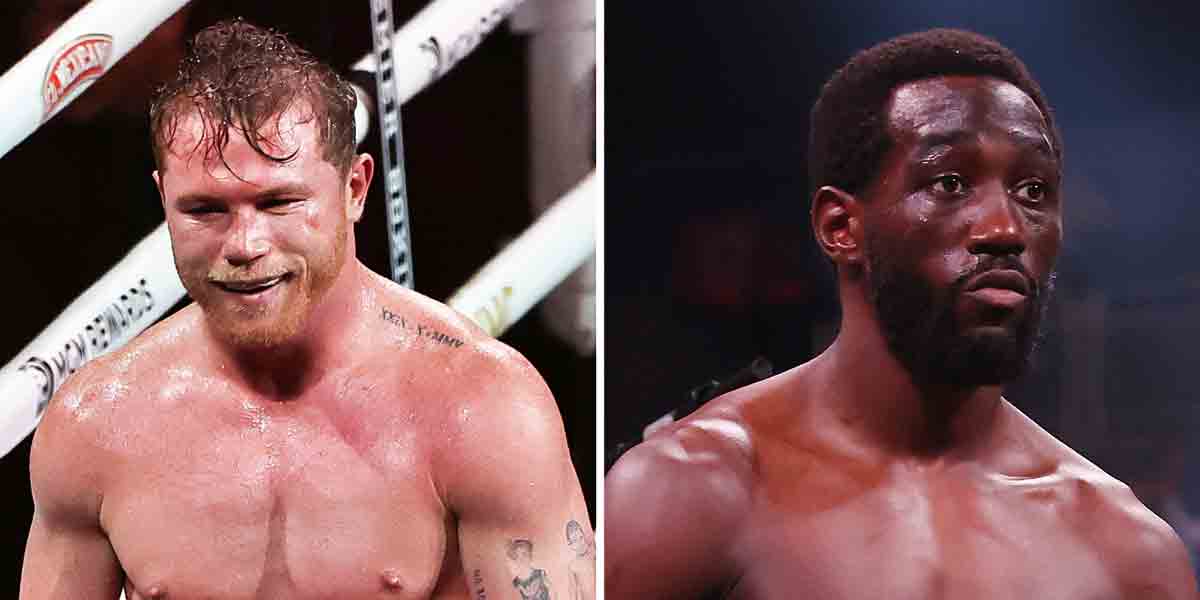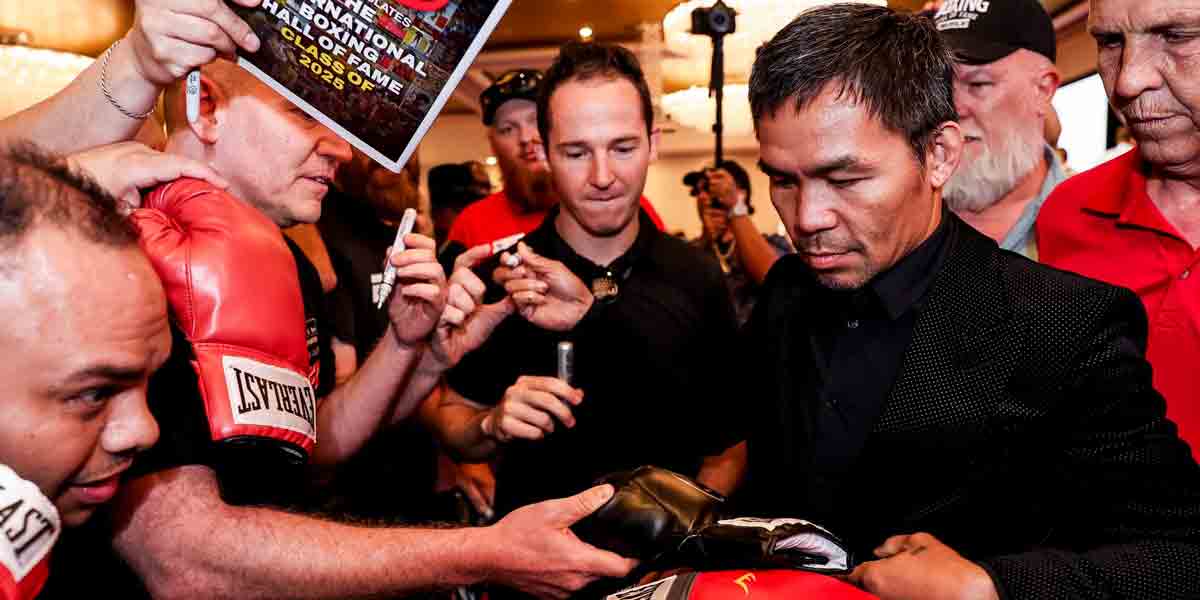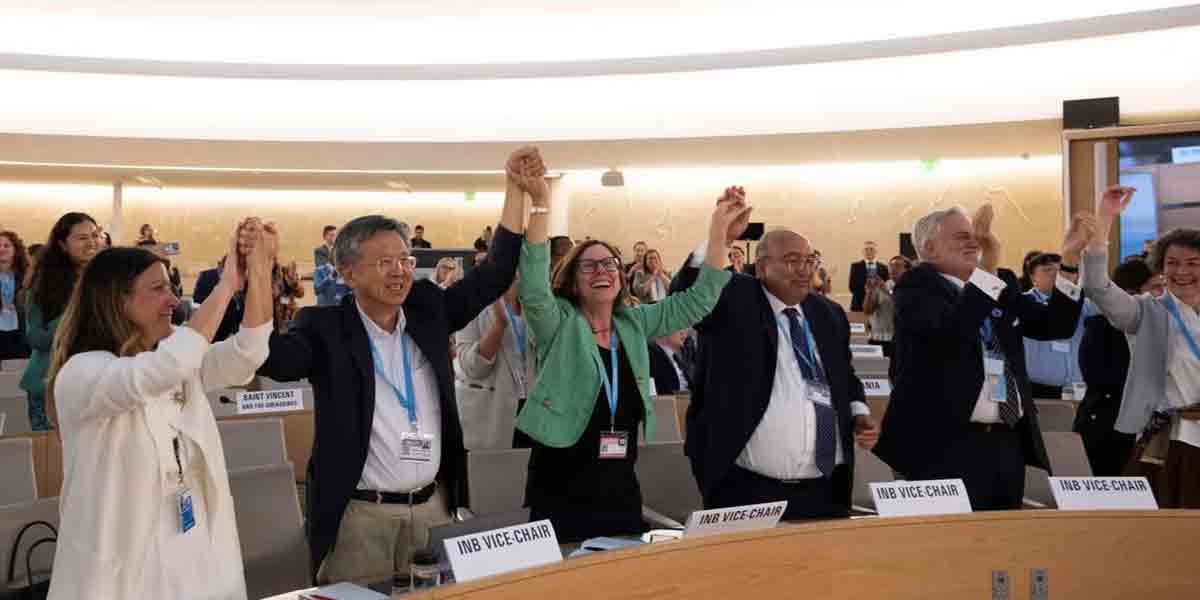By Prof. Enrique Soriano
Another family-owned conglomerate is quietly wrestling with a slow-burning crisis—one that threatens to undo decades of hard-won achievement. The founder of this sprawling business empire is now in his seventies, a self-made titan whose journey from a humble trader to the helm of a diversified multi-industry powerhouse is nothing short of remarkable. Over the years, he has built an enterprise that spans food manufacturing, real estate development, and retail, employing thousands and impacting countless lives. Yet, beneath the surface of this outward success lies a troubling uncertainty: the question of succession remains unresolved, casting a long shadow over the company’s future.
Within the family, the founder’s two sons have taken active roles in the business, but their relationship is marked by tension and division. The elder son is reliable, steady, and loyal—a dependable pillar in the company’s operations—but he lacks the strategic foresight necessary to lead the business into new frontiers. On the other hand, the younger son is sharp and innovative, brimming with creative ideas and modern perspectives, yet he carries a palpable sense of entitlement that alienates others and stirs unrest within the family and the organization. This dynamic creates a painful dilemma for the founder, who finds himself torn between familial loyalty and the stark realities of business leadership.
Despite the urgency, the founder has remained paralyzed—refusing to make a definitive choice about who should succeed him. His fear of igniting conflict between his sons and fracturing family harmony has outweighed his willingness to confront the risks of inaction. It is a cruel paradox: a man celebrated for his boldness and decisiveness in business ventures now stands frozen at the company’s most critical crossroads, unsure how to proceed.
This situation exemplifies the quintessential founder’s dilemma. Many patriarchs hold tightly to their vision and control, convinced that their continued presence alone guarantees the survival and prosperity of their legacy. The thought of stepping back or relinquishing authority feels like a threat to everything they have built. However, this mindset often blinds them to a harsher truth—avoiding the difficult conversations and decisions surrounding succession only leaves the business vulnerable. Without a clear governance framework, the company’s stability rests precariously on the founder’s personality. When that central figure inevitably steps aside, the absence of structure risks plunging the enterprise into chaos.
Through my years working with family businesses across Asia, I have observed a recurring pattern: families frequently mistake superficial harmony for genuine unity and control for sustainable longevity. Yet, as families grow and businesses become more complex, the old ways of operating inevitably break down. The founder’s role must evolve—from the singular ruler to the wise architect who designs and nurtures continuity beyond their own tenure.
The path forward begins with establishing structure. This requires initiating open, honest, and sometimes difficult conversations about shared values, long-term vision, clearly defined roles, and ownership boundaries. It means drafting a comprehensive Family Constitution that acts as a guiding compass for decision-making, succession planning, and conflict resolution. Crucially, it involves identifying potential leaders early and investing in their development through merit-based mentoring, rather than favoritism or entitlement.
In the case I witnessed, after much deliberation, the founder agreed to establish a Family Council that included his adult children and independent advisors. Though initially met with skepticism and resistance, this move soon became a turning point. The family began to coalesce around a shared vision for the future, recognizing that the founder’s influence would endure—not through micromanagement, but by building solid, lasting foundations.
More importantly, the founder embraced his evolving role—not merely as the company’s creator but as a mentor, steward, and living symbol of trust bridging generations.
Ultimately, true legacy is not measured by what you leave behind. It is defined by what you intentionally pass forward—responsibly, thoughtfully, and with a clear plan for continuity.
+++++++++++
The W+B Family Governance Leadership Masterclass: Securing Your Legacy for Generations
Navigating the complexities of family businesses goes beyond managing profits and growth—it demands a deep understanding of family dynamics, succession planning, and governance to ensure stability across generations. Conflicting visions, unresolved tensions, and leadership transitions can make this journey feel like walking a tightrope without a safety net.
In response to the growing need for clarity and direction among family-owned businesses, the W+B Family Governance Leadership Masterclass returns for its second edition. Instead of May, the new schedules will be July 9 and 12 with graduations in Cebu, Manila, and Iloilo. This immersive three-day program is designed to help participants uncover tailored solutions to their most pressing challenges while equipping them with the knowledge and skills essential for long-term success. Through a combination of virtual sessions and an in-person graduation event, this Masterclass will guide participants in:
- Unraveling the fundamentals of family business governance
- Developing strategies for fostering a harmonious family culture
- Mastering succession planning and leadership development
Take the first step in securing your family business legacy. Few slots available—reserve your place now at 09173247216 or email service@wbadvisoryasia.com. Look for Julia.

